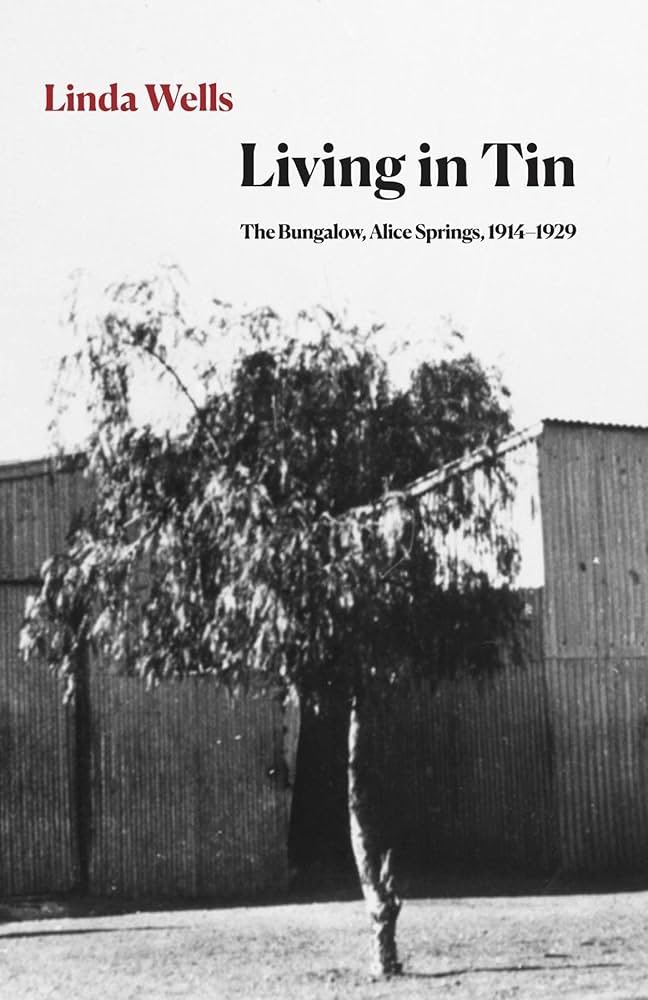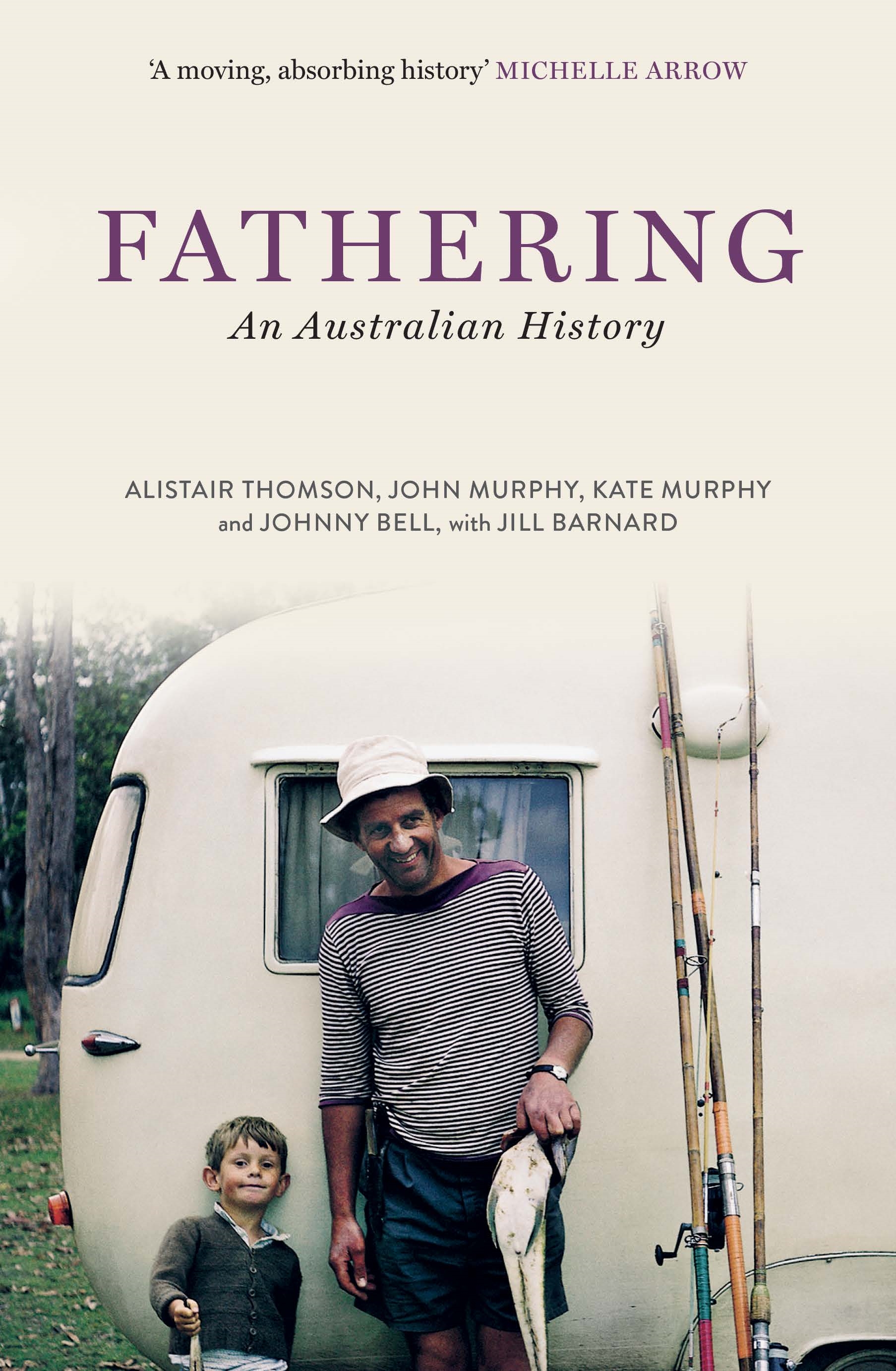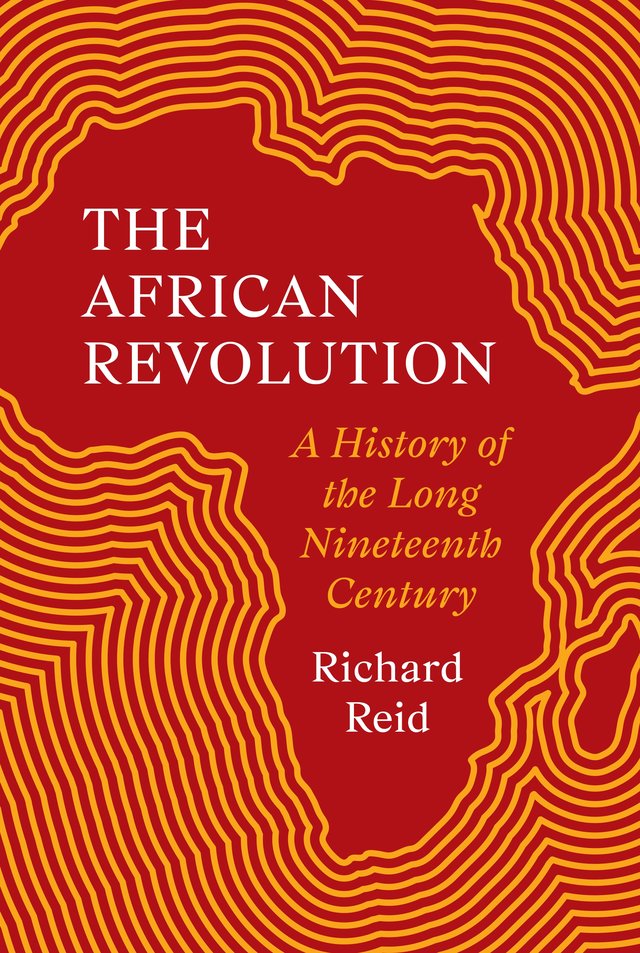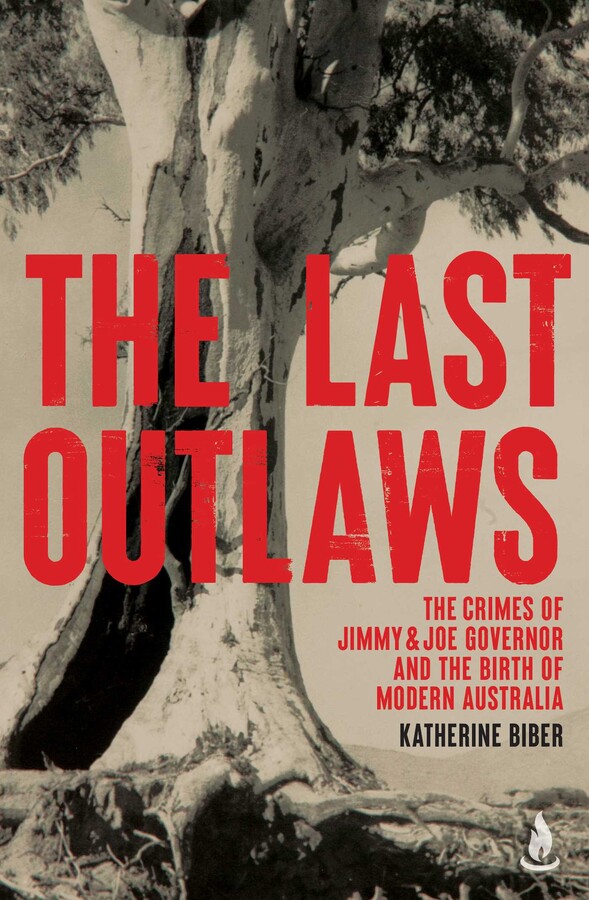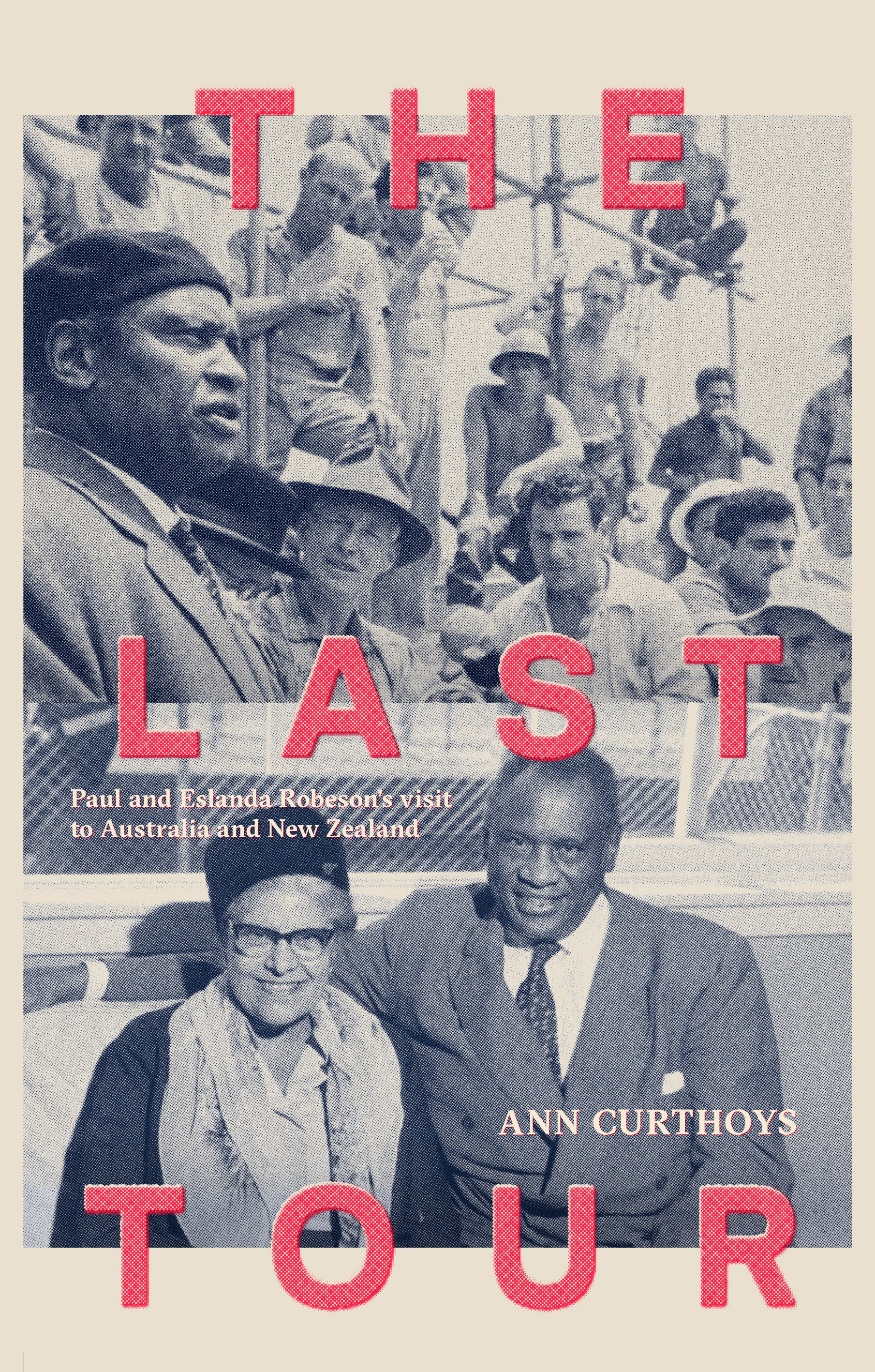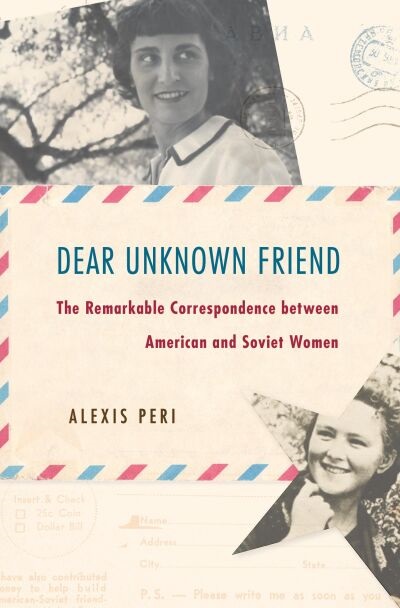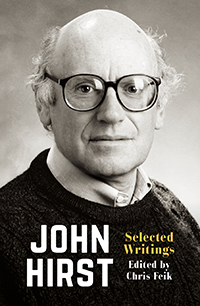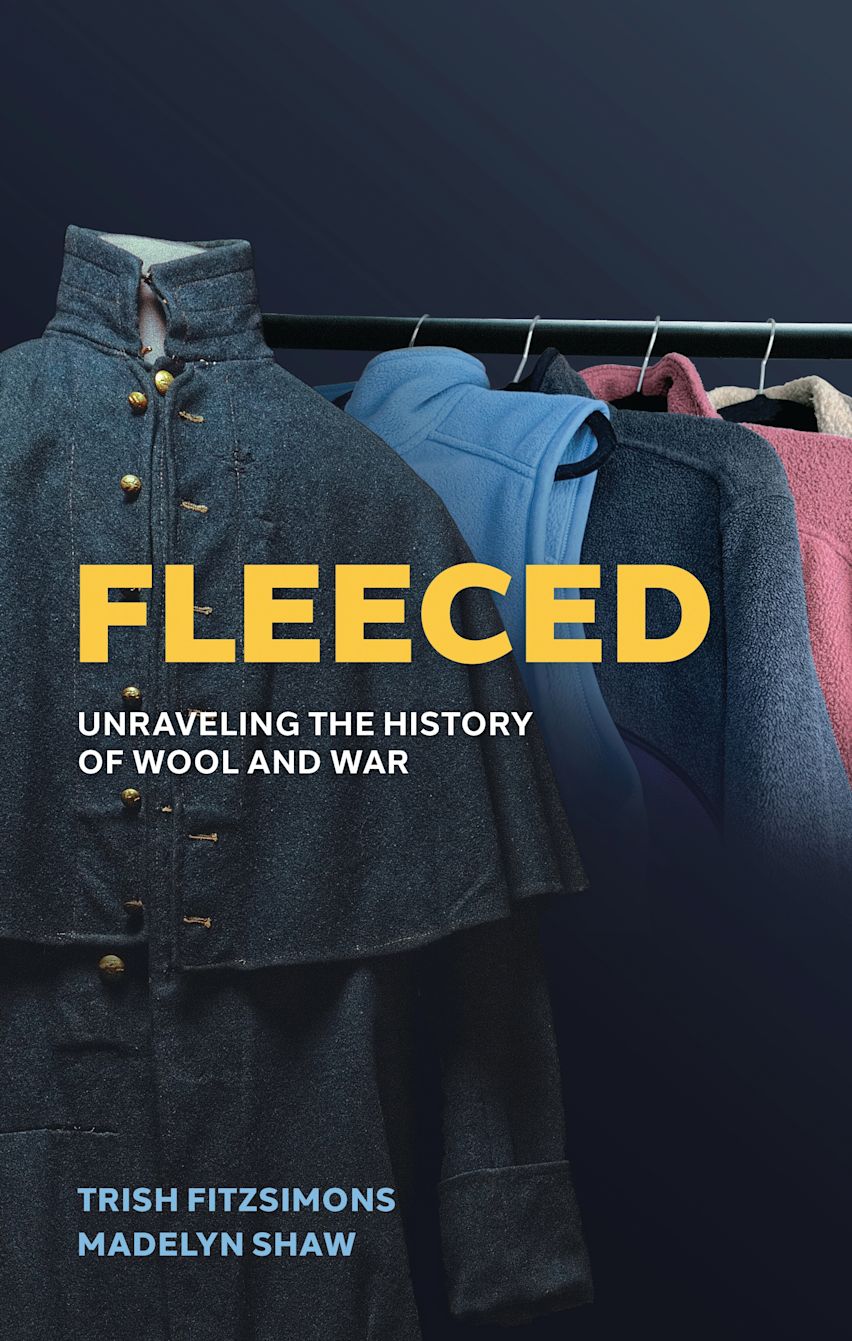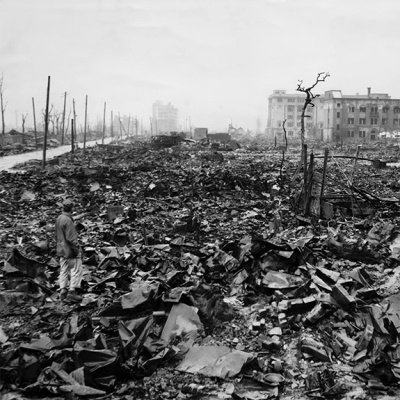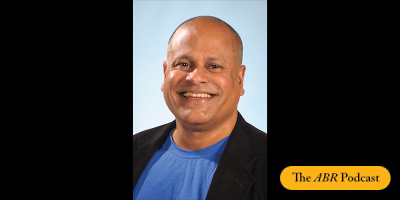History
Living in Tin: The Bungalow, Alice Springs, 1914-1929 by Linda Wells
The ‘bungalow’ of Living in Tin’s subtitle was a rough tin shed, erected in Mpwartne (Alice Springs) in 1914 to house Aboriginal children of mixed descent. Described by one observer as ‘a place of squalid horror’, it was managed first by Arabana woman Topsy Smith, and then placed under the supervision of a white matron, Ida Standley. The two women ran the Bungalow until 1929 but the institution survived until 1942. At least one hundred children were housed in the Bungalow over its lifetime, sleeping on the dirt floor of one room with no doors or windows, provided with meagre rations and only the most basic education.
... (read more)Fathering: An Australian history by Alistair Thomson, John Murphy, Kate Murphy, and Jonny Bell, with Jill Barnard
We have had histories of Australian motherhood for decades. Fathers feature – sometimes as villains – in some of our best loved fiction: D’Arcy Niland’s The Shiralee (1955), George Johnston’s My Brother Jack (1964), and Don Charlwood’s All the Green Year (1965) spring to mind. Rounded portraits of fathers have figured in memoir and autobiography. Examples by Germaine Greer, Manning Clark, Raimond Gaita, and Biff Ward stand out. But not so in works of history, where there is a strange silence.
... (read more)The African Revolution: A history of the long nineteenth century by Richard Reid
Richard Reid’s tour de force begins with the story of a single road that ‘ran from the Indian Ocean coast, ascending the lightly wooded, elevated plateau of central-east Africa, through the small but perfectly positioned chiefdom of Unyanyembe, and then onward to the west until it reached Lake Tanganyika’.
... (read more)The Last Outlaws: The crimes of Jimmy and Joe Governor and the birth of modern Australia by Katherine Biber
The fence post was wrapped in old newspaper and kept in the shed. It was all that Aunty Loretta Parsley, Jimmy Governor’s great-granddaughter, had left to touch of his life. ‘His hands touching that,’ she told Katherine Biber, ‘that’s why I asked you to open it. Because you need to connect with this story.’ Overwhelmed, Biber felt the ‘immense responsibility’ entrusted to her.
... (read more)The Last Tour: Paul and Eslanda Robeson’s visit to Australia and New Zealand by Ann Curthoys
Australians and New Zealanders loved Paul Robeson. Socialists, peace activists, and trade unionists held him up as their champion, the face of defiance amid Cold War harassment. Conservative theatre critics swooned at his golden bass baritone. Māori rugby players called him ‘brother’. Eastern European migrants wept to his song about the Warsaw Ghetto. Even an FBI informant could not deny he was a ‘great and superb artist’.
... (read more)Dear Unknown Friend: The remarkable correspondence between American and Soviet women by Alexis Peri
When American Verena Koehler and Russian Zinaida Duvankova swapped recipes for Mexican-style beef and piroshki in the early 1950s, it didn’t seem that either were aiming to spark a political discussion. The pen pals were curious about each other’s food and lives, and the everyday differences between the United States and the Soviet Union. Yet they soon saw similarities. Koehler remarked on a woman’s need for simple, fast recipes when she both works and carries out domestic labour at home. Duvankova agreed – even as a Soviet state official, she completed a full day at work and returned home to all of the housework. As she wrote to Koehler, ‘You are a woman, and can well understand what it means to attend to a family of three.’
... (read more)It is common today for historians to describe what they do as telling stories about the lives and events of the past, using the narrative techniques that they share with fiction writers: describing place, weather, clothes, the set of a leading character’s chin, and so on. But as a disciplined, evidence-based enquiry, history writing is also about argument and interpretation.
... (read more)Fleeced: Unravelling the history of wool and war by Trish FitzSimons and Madelyn Shaw
As Mark Twain tells the story in Following the Equator (1897), Cecil Rhodes, the future magnate and politician, was down and out in Sydney in 1870. Wandering along a harbour beach, he stopped to help a fisherman land and gut a shark – in whose stomach cavity he discovered a fragment of newsprint that, days in advance of sailing ships carrying the same papers, announced the outbreak of the Franco-Prussian War. Galvanised by this intelligence, Rhodes convinced a local wool broker to lend him the money to buy up much of that year’s Australian woolclip, a purchase that helped the future poster boy of Empire get back in the game.
... (read more)Just after midnight on 6 August 1945, twelve United States military personnel on Tinian Island in the north-western Pacific Ocean had an early breakfast of eggs, sausages, and pineapple fritters. After prayers with a Lutheran chaplain, they boarded a Boeing B-29 Superfortress heavy bomber for a six-hour flight to Japan. Each carried a pistol, and their commander secretly carried a metal box holding twelve cyanide capsules, for use in case of capture. Their aircraft carried a nuclear bomb which would soon be dropped on Hiroshima, a city in the west of Honshu, Japan’s largest island. Accompanying them was a second bomber carrying instrumentation to measure the blast effects, and a third carrying photography equipment. Weather reconnaissance aircraft had departed earlier, to ensure conditions were suitable for the attack.
... (read more)This week on the ABR Podcast, we feature Clinton Fernandes’ commentary ‘“Without undue suffering”: Japan’s August 1945 and the superweapon alibi’. On the eightieth anniversary of the bombings of Hiroshima and Nagasaki, historian Clinton Fernandes delivers a gripping reassessment of the world’s only use of atomic bombs against civilians and exposes the ‘superweapon alibi’ that enabled a politically convenient end to World War II for both the United States and Japan.
... (read more)

